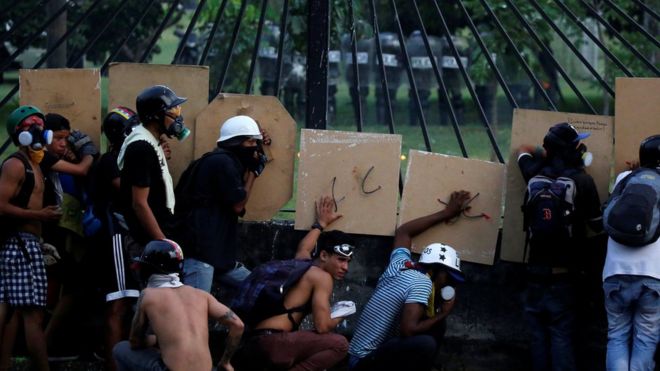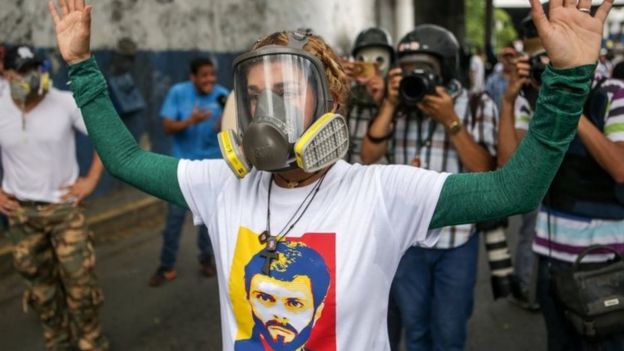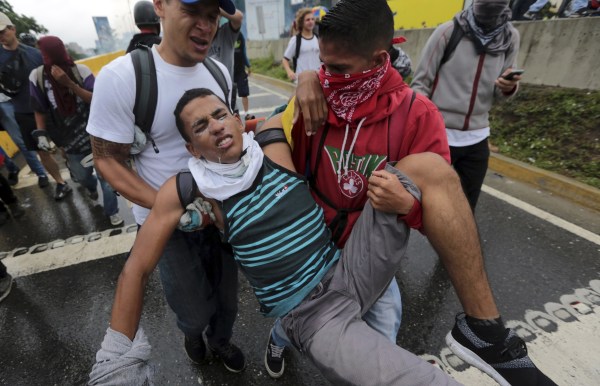By: Max Cohen
Impunity Watch Reporter, South America
BUENOS AIRES, Argentina – On May 3, the Argentinian Supreme Court rendered a decision allowing Luis Muina, convicted of human rights abuses, to have his sentence reduced. The decision was based on an Argentinian law, known as the “2×1″ law, which mandates that, after an initial two years, every day that a person spends in pretrial detention counts as two as part of the overall sentence. The court found that, under the “most favorable law” legal principle, which dictates that defendants should benefit from laws which would lessen their sentences, that it should apply to him retroactively.

In the week that followed there were protests in Argentina, as many reportedly feared that the decision would free other human rights criminals. However, the country’s Congress quickly responded to the decision by passing a law rescinding the 2×1 law’s protections for those who had committed human rights abuses during the country’s military dictatorship from 1976-1983. Currently there are 350 former military officers who could have potentially benefitted if the decision is allowed to stand.
Critics point to the Court’s decision as an example of how Argentine President Mauricio Macri’s government has toned down its efforts to seek justice for the atrocities committed during the dictatorship. It should be noted that two of the justices who ruled in favor of the decision were appointed by President Macri.
Whether the Argentine government’s solution will work is set to be tested within the next month as their Supreme Court is set to issue decisions on other cases involving human rights criminals.
For more information, please see:
New York Daily News – Argentines unite against law helping human rights abusers – 10 May, 2017
New York Times – Argentines Fight Court’s Leniency for Human Rights Crimes – 13 May, 2017
Human Rights Watch – Making Sense of Argentina’s Ruling on Dictatorship-Era Crimes – 15 May, 2017



